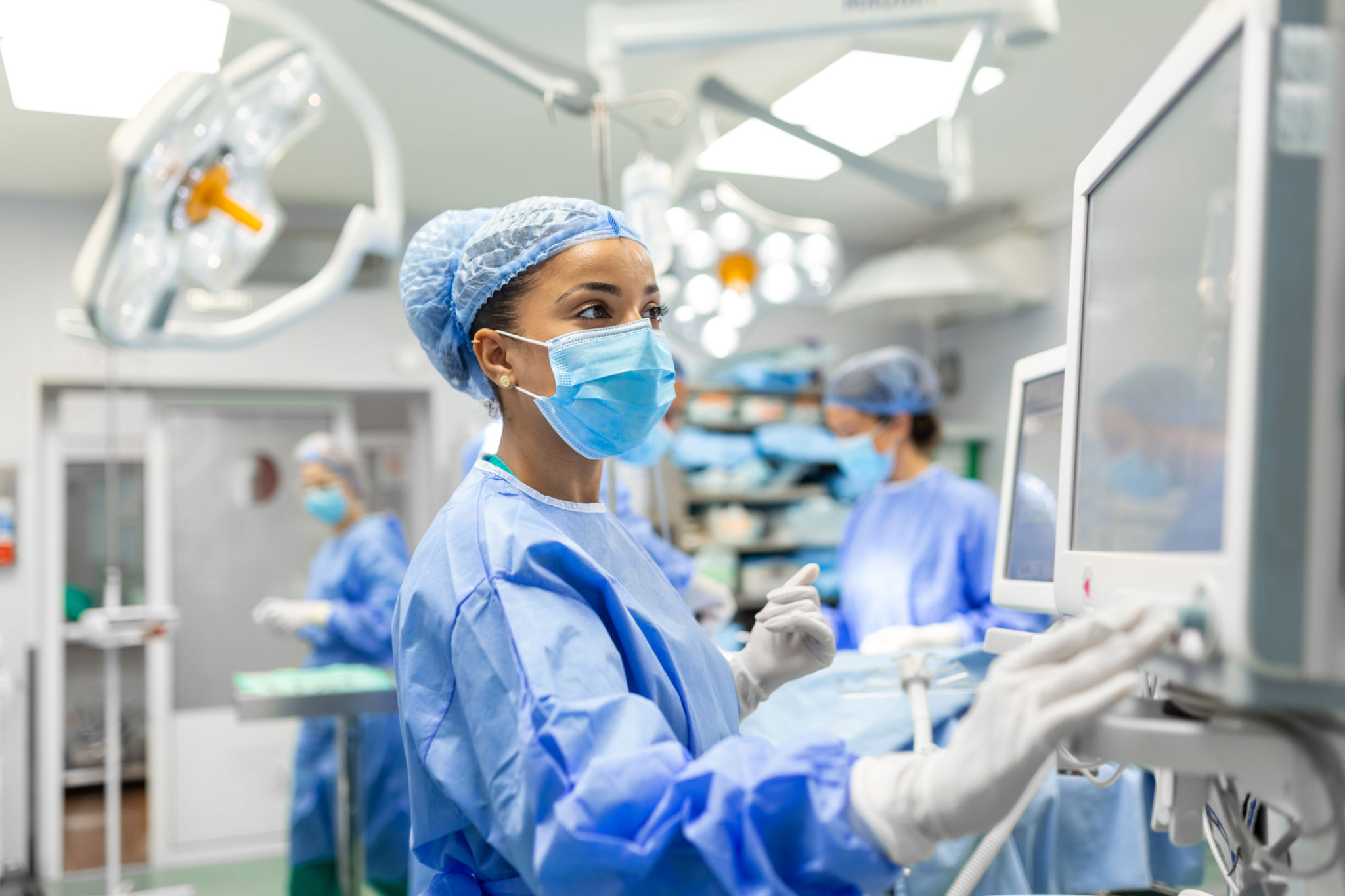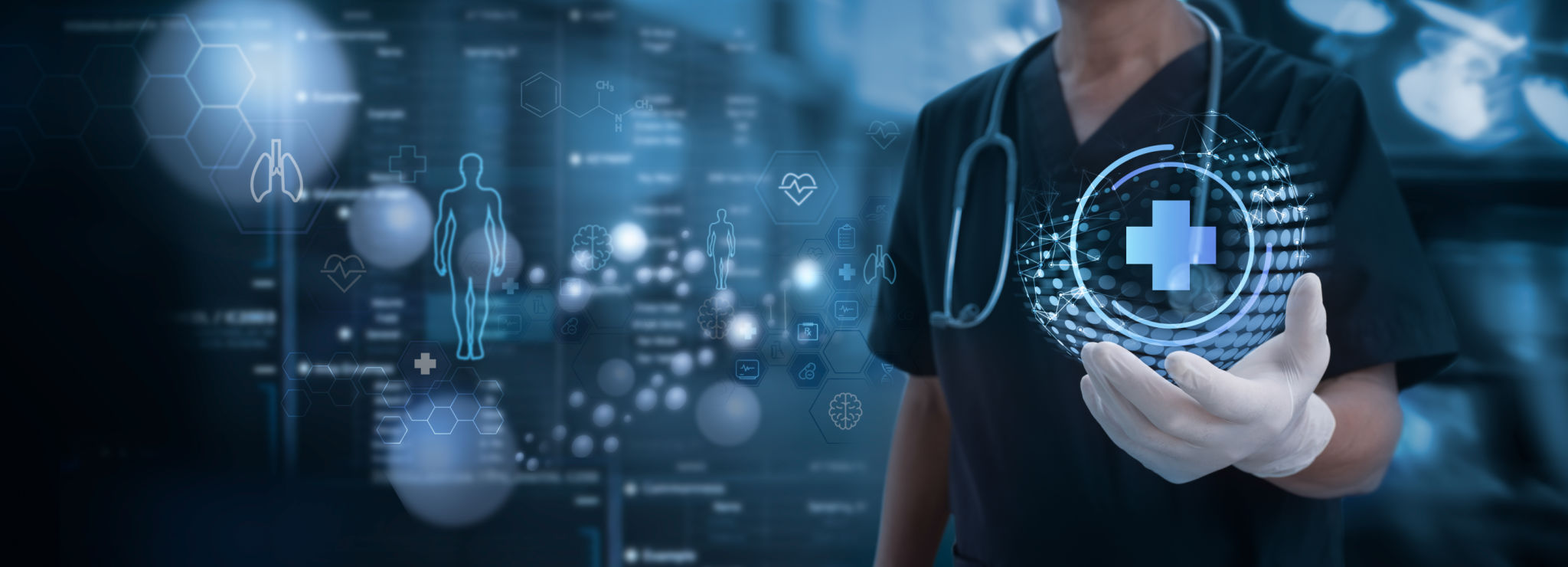The Role of Medical Devices in the Evolution of Healthcare
The Impact of Medical Devices on Patient Care
Medical devices have significantly transformed patient care, offering tools that enable more precise diagnoses, effective treatments, and enhanced patient monitoring. From simple tools like thermometers to advanced machinery such as MRI scanners, these devices play a crucial role in the healthcare ecosystem. By providing accurate data and facilitating innovative treatment methods, medical devices drive improvements in patient outcomes.
One of the most profound impacts of medical devices is in the realm of diagnostics. Devices such as ultrasound machines and CT scanners allow for non-invasive internal examinations, helping healthcare professionals detect conditions that might not be apparent through a physical examination alone. This capability to diagnose accurately and early can mean the difference between successful treatment and prolonged suffering.

Advancements in Treatment Techniques
The evolution of medical devices is also evident in the development of new treatment techniques. For instance, minimally invasive surgeries, made possible by devices like laparoscopes, have revolutionized surgical procedures by reducing recovery times and minimizing patient discomfort. These advancements not only improve the efficiency of healthcare delivery but also enhance the overall patient experience.
Moreover, implantable devices such as pacemakers and insulin pumps highlight how technology can seamlessly integrate into daily life to manage chronic conditions. These devices offer patients increased autonomy and a better quality of life by providing continuous monitoring and automated treatment adjustments.

Enhancing Patient Monitoring
Another critical area where medical devices have made a significant impact is in patient monitoring. Wearable health monitors and remote patient monitoring systems allow for continuous tracking of vital signs, enabling healthcare providers to keep a constant check on patients' health status. This real-time data collection is invaluable for managing chronic illnesses and catching potential issues before they escalate.
Additionally, telehealth technologies have gained prominence, especially during the COVID-19 pandemic. Devices that facilitate remote consultations and diagnostics have become essential tools in maintaining healthcare delivery while minimizing physical contact. This shift not only broadens access to healthcare but also reduces the burden on healthcare facilities.

The Future of Medical Devices
As technology continues to advance, the potential for medical devices to transform healthcare is immense. Innovations such as artificial intelligence and machine learning are being integrated into medical devices to enhance their capabilities further. These technologies can analyze vast amounts of data quickly, providing insights that would be impossible for humans alone to achieve.
Looking ahead, the development of more personalized medical devices is on the horizon. By leveraging data from wearable technology and genetic information, future devices could offer highly tailored treatment plans that cater to individual patient needs. This personalized approach holds the promise of improving treatment efficacy and patient satisfaction.

Challenges and Considerations
Despite the numerous benefits, the integration of medical devices in healthcare does come with challenges. Ensuring device security, maintaining patient privacy, and managing data integrity are critical considerations that must be addressed. Regulatory bodies play an essential role in overseeing these aspects to ensure that medical devices are safe for use and effective.
Furthermore, there is a need for continuous education and training for healthcare professionals to keep pace with rapidly evolving technologies. As new devices enter the market, understanding their functionalities and applications becomes crucial for maximizing their benefits in clinical settings.
Ultimately, the role of medical devices in healthcare is indispensable. Their continued evolution promises to bring about even greater advancements, shaping a future where healthcare is more efficient, accessible, and personalized for all.
